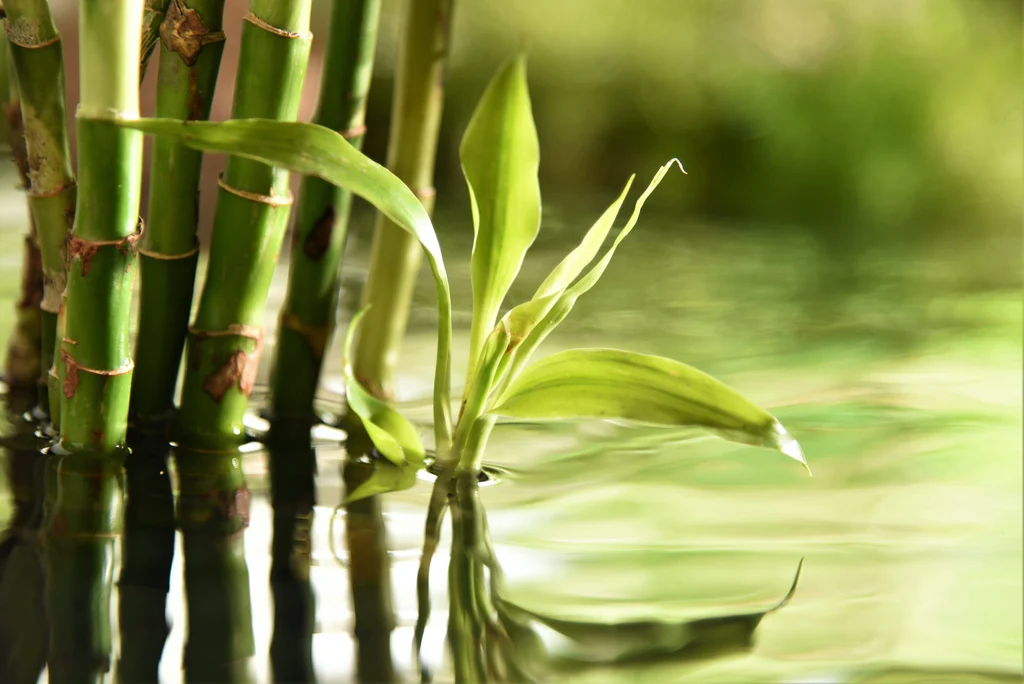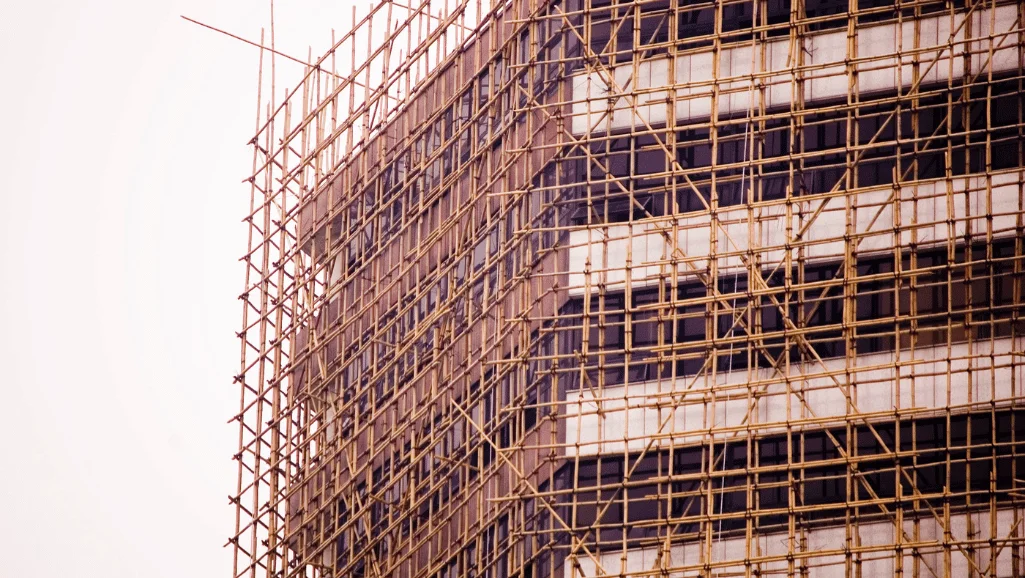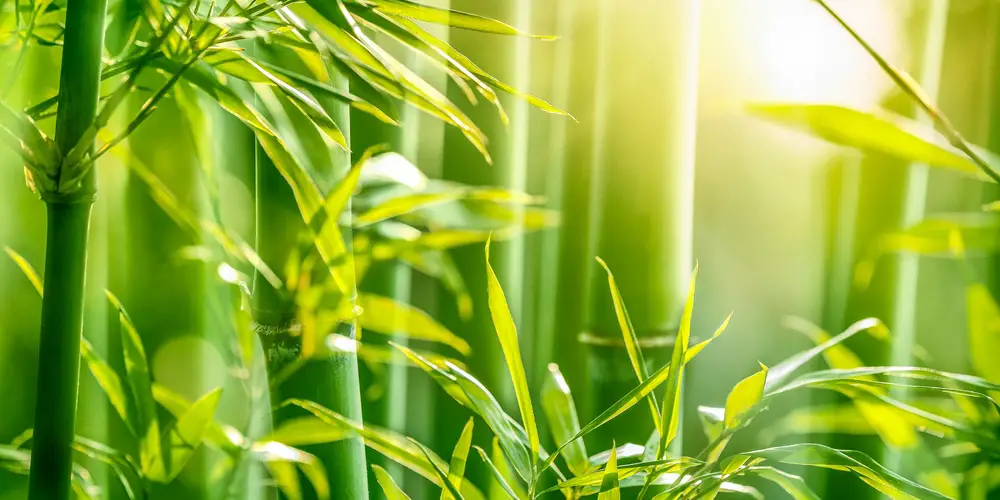Discover the Wonders of Bamboo: Nature’s Fast-Growing Marvel
Bamboo often surprises people with its remarkable qualities. From its extraordinary growth rate to its environmental benefits, bamboo is much more than just a versatile plant. It’s a testament to nature’s ingenuity and an increasingly important resource in sustainable living. Let’s dive into some fascinating facts about bamboo and explore why this plant is considered one of the most extraordinary in the world.
1. The Fastest-Growing Plant
Bamboo holds the title for the fastest-growing plant on Earth. Under optimal conditions, some species can grow up to 47.6 inches (120 cm) in just 24 hours! In fact, certain varieties can reach over a meter (3 feet) in a single day. This rapid growth means that a new bamboo shoot can achieve its full height in less than a year.

2. Oxygen Production Powerhouse
Bamboo isn’t just about fast growth; it’s also a champion in oxygen production. A bamboo grove releases 35% more oxygen than other trees, making it a vital component of healthy ecosystems and urban environments alike.
3. Carbon Dioxide Absorption
Another impressive feature of bamboo is its ability to absorb carbon dioxide. Bamboo can sequester up to 17 tons of CO2 per hectare annually. This makes it a powerful tool in combating climate change and a valuable carbon sink.
4. Low Maintenance
Unlike many other plants, bamboo thrives without the need for additional fertilizers. It naturally self-mulches by dropping its leaves, which decompose and provide essential nutrients to the soil. This makes bamboo a low-maintenance and eco-friendly option for many uses.
5. Drought Resistance
Bamboo’s adaptability extends to its resilience in arid conditions. Certain species can even grow in desert environments, demonstrating bamboo’s impressive drought resistance.
6. Sustainable Wood Replacement
When it comes to harvesting, bamboo is remarkably efficient. It can be ready for harvest in just 3-5 years, compared to the 20-30 years required for most softwood trees. This rapid growth cycle makes bamboo an excellent sustainable alternative to traditional timber.
7. Versatile Building Material
Bamboo’s strength and durability have made it a favored material in construction. Its versatility allows it to be used in a range of applications, from scaffolding and bridges to concrete reinforcement and housing.

8. Soil Stabilizer
The extensive underground network of roots and rhizomes in bamboo plays a crucial role in soil stabilization. This network helps prevent soil erosion, making bamboo a valuable plant for maintaining soil integrity and preventing land degradation.
9. Natural Air Conditioner
Bamboo has a unique ability to regulate temperature. During the summer, bamboo can cool the surrounding air by up to 8 degrees Fahrenheit (4 degrees Celsius). This natural cooling effect makes bamboo an excellent choice for landscaping and urban greening.
10. Managing Invasiveness
While some bamboo species, particularly ‘running’ varieties, can be invasive due to their extensive root systems, not all bamboo is problematic. With proper management and selective planting, the environmental impact of bamboo can be minimized, allowing its benefits to be enjoyed without negative consequences.
Embracing Bamboo’s Potential
Bamboo’s combination of rapid growth, environmental benefits, and versatile applications highlights its potential as a sustainable resource. Whether used in construction, landscaping, or simply as a natural air conditioner, bamboo stands out as a remarkable plant with numerous advantages. As we look towards more sustainable practices, bamboo proves to be an invaluable ally in our efforts to live in harmony with nature.
Explore the many uses of bamboo and consider incorporating this incredible plant into your life for a greener and more sustainable future.
